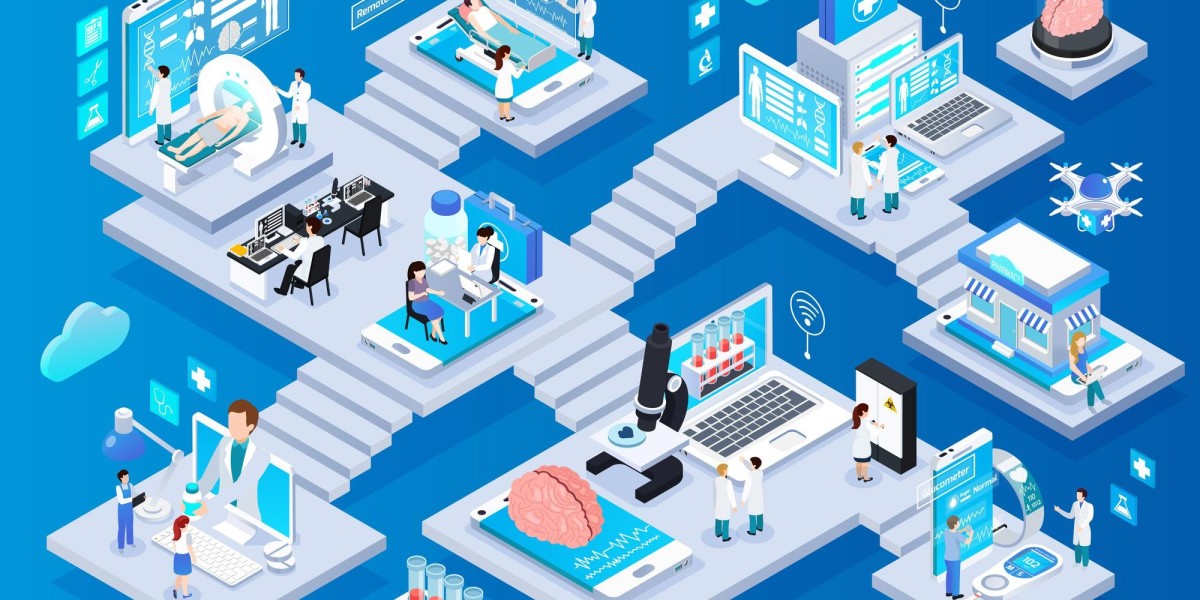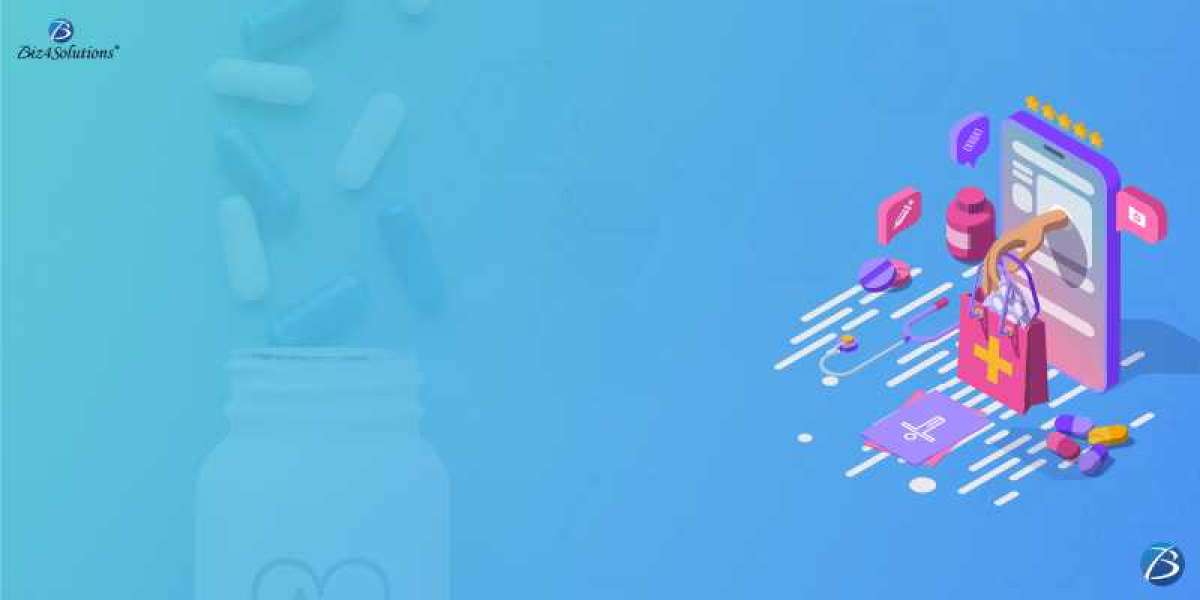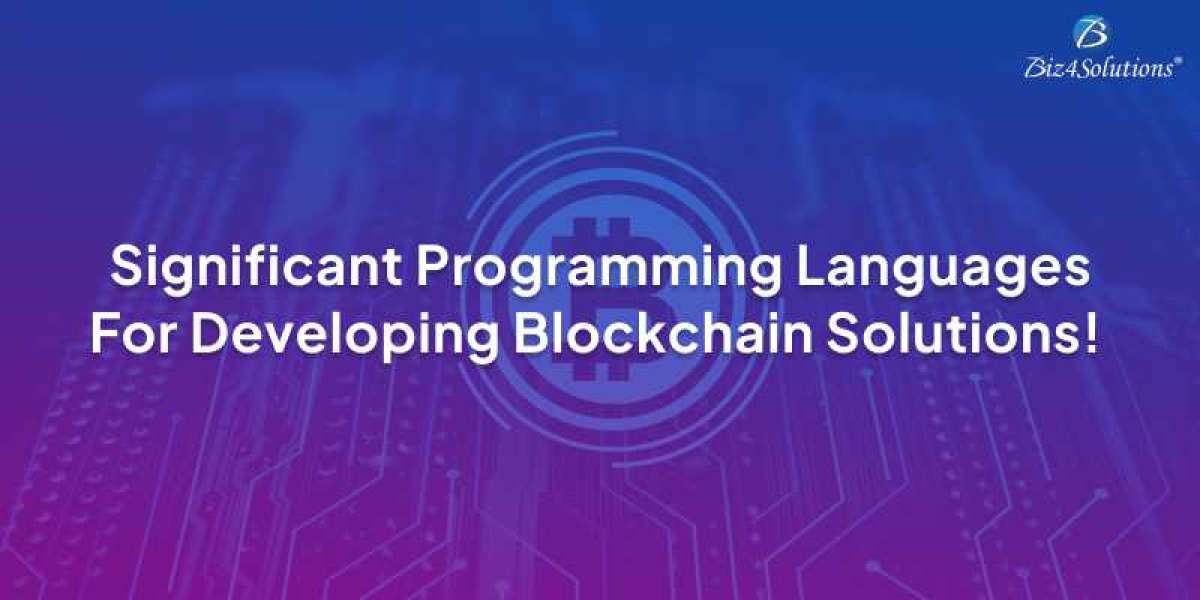Introduction
In the rapidly evolving landscape of healthcare, technology plays a pivotal role in enhancing patient outcomes, streamlining processes, and improving overall efficiency. Healthcare application development services have emerged as a crucial aspect of this technological revolution, providing innovative solutions to address the diverse needs of healthcare providers, professionals, and patients. This comprehensive guide explores the key elements of healthcare application development services, shedding light on the process, benefits, challenges, and the future of healthcare technology.
Understanding Healthcare Application Development
Healthcare application development involves the creation of software solutions tailored to the specific requirements of the healthcare industry. These applications can range from mobile apps for patients and providers to complex systems that manage electronic health records (EHR) and facilitate telemedicine.
Key Features and Functionalities
Electronic Health Records (EHR): EHR applications enable secure storage and retrieval of patient information, promoting seamless communication among healthcare professionals.
Telemedicine Solutions: With the rise of remote healthcare services, telemedicine applications allow patients to consult with healthcare providers virtually, ensuring accessibility and convenience.
Appointment Scheduling and Reminders: Applications can streamline appointment scheduling, reducing no-shows, and sending timely reminders to patients.
Health and Wellness Tracking: Many healthcare apps include features for tracking vital signs, medication adherence, and overall health and wellness, empowering patients to actively participate in their care.
Integration with Wearable Devices: Integration with wearables enables real-time monitoring of patients' health parameters, providing valuable data for both patients and healthcare providers.
Benefits of Healthcare Application Development Services
Improved Patient Engagement: Healthcare apps enhance patient engagement by providing easy access to health information, appointment scheduling, and personalized health tracking.
Enhanced Efficiency: Streamlining administrative tasks through applications leads to improved efficiency for healthcare providers, allowing them to focus more on patient care.
Data Security and Compliance: Robust security measures ensure the protection of sensitive patient data, complying with healthcare regulations such as HIPAA.
Remote Patient Monitoring: The ability to monitor patients remotely promotes proactive healthcare management, reducing hospital readmissions and improving outcomes.
Challenges in Healthcare Application Development
Data Interoperability: Achieving seamless data exchange between different healthcare systems remains a challenge, hindering the potential for a unified healthcare ecosystem.
Regulatory Compliance: Adhering to strict healthcare regulations and standards requires careful consideration and implementation during the development process.
User Adoption: Ensuring that both healthcare professionals and patients adopt and effectively use these applications is crucial for their success.
The Future of Healthcare Application Development
Artificial Intelligence (AI) Integration: AI will play a pivotal role in healthcare applications, facilitating predictive analytics, personalized treatment plans, and diagnostic support.
Blockchain for Security: Blockchain technology will enhance the security and integrity of health data, providing a decentralized and tamper-resistant system.
Virtual and Augmented Reality (VR/AR): These technologies will be increasingly used for medical training, patient education, and even in surgical procedures.
Internet of Things (IoT): IoT devices will continue to contribute to remote patient monitoring and the collection of real-time health data.
Conclusion
Healthcare application development services are at the forefront of transforming the healthcare industry, providing innovative solutions to improve patient care, streamline processes, and enhance overall efficiency. As technology continues to advance, the future holds exciting possibilities for the integration of AI, blockchain, VR/AR, and IoT, promising a healthcare ecosystem that is more connected, secure, and patient-centric than ever before. As developers and healthcare professionals collaborate, the potential to revolutionize healthcare through technology remains limitless.








